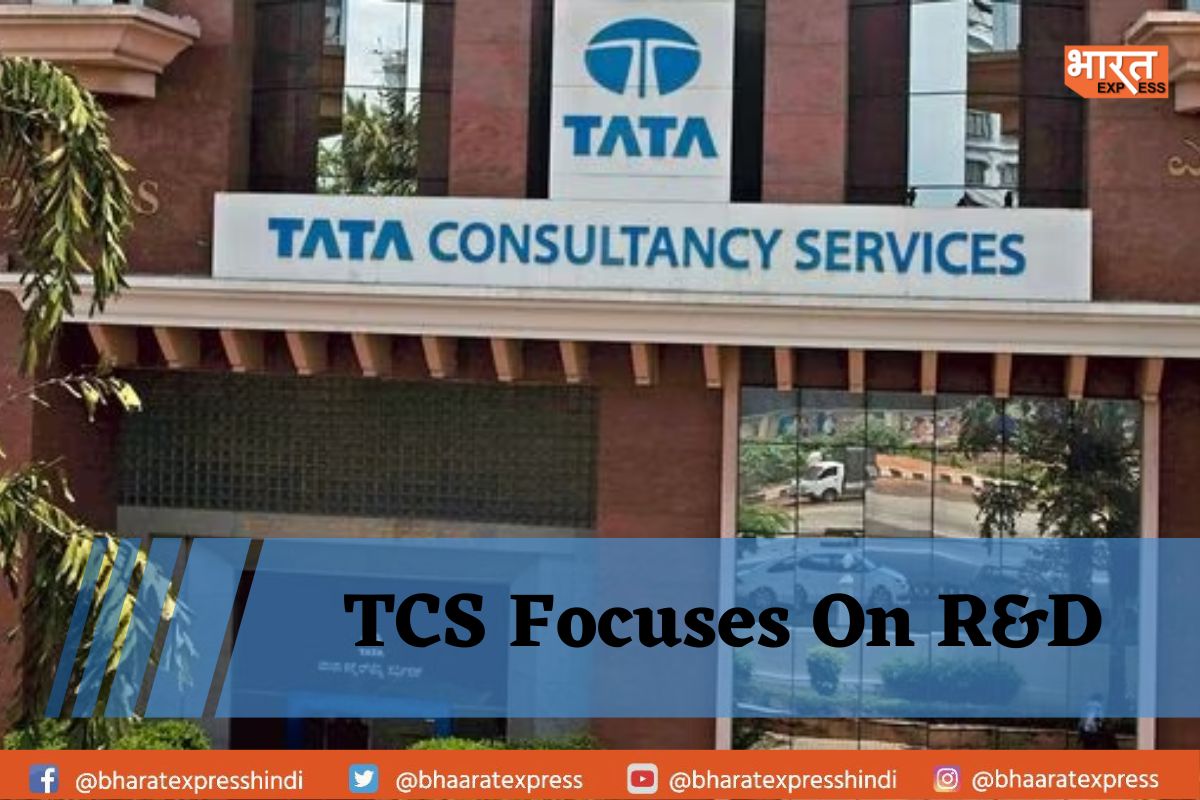
The largest IT services provider in India, TCS, will keep investing at the same rate in R&D and office space. It will also invest in technology infrastructure as it navigates near-term volatility, a senior official of the company said. According to the company’s chief financial officer Samir Seksaria, the operating profit margins will be reduced by an additional 1.70 to 1.75% in the June quarter as a result of the company’s pledge to continue with the usual salary increases. Seksaria also predicted that the crucial statistic will stabilise as we go into the new fiscal year.
According to him, the business currently invests 1,200–1,500 crores in research and development and 3,500–4,000 crores in capital expenditures for the back-end technology required to supply work and office spaces. He predicted that this trend should continue in the future.
Seksaria told PTI that they continue to invest in talent, research, innovation, branding and IT. She further mentioned that they don’t believe there should be any reason for that to be different from what they have been doing till now.
The business experienced losses in its main market, North America, and its major sector verticals, banking, financial services, and insurance (BFSI). This was a result of deteriorating sentiment brought on by layoffs in the technology industry and the collapse of Silicon Valley Bank. As a result, it reported sequential constant currency growth of 0.6%, which Seksaria deemed uncommon for the fourth quarter.
Seksaria described the total 13.7% increase in revenues in FY23 on top of the over 15% increase in FY22 as respectable growth and stated that the company is hopeful that things would improve with the start of the new year and did not anticipate significant layoffs during holidays, adding that the SVB collapse simply made matters worse.
Seksaria declined to discuss the company’s projections for future revenue growth or profit margins, stating that the current priority is to be close to the client, comprehend their wants, and meet those demands.
Even in the midst of the volatility it is experiencing, the company intends to continue with its customary wage modifications, according to Seksaria, who also mentioned that the top performers can anticipate an increase of up to 15% this year.
He stated that the pricing environment is “stable,” implying that the ongoing problems in the IT sector have not had an impact. He cited new orders of USD 10 billion filed in the March quarter, of which half were from North America, to illustrate how customers continue to turn to IT businesses for smaller organisations and easier processes that help them save money.

















